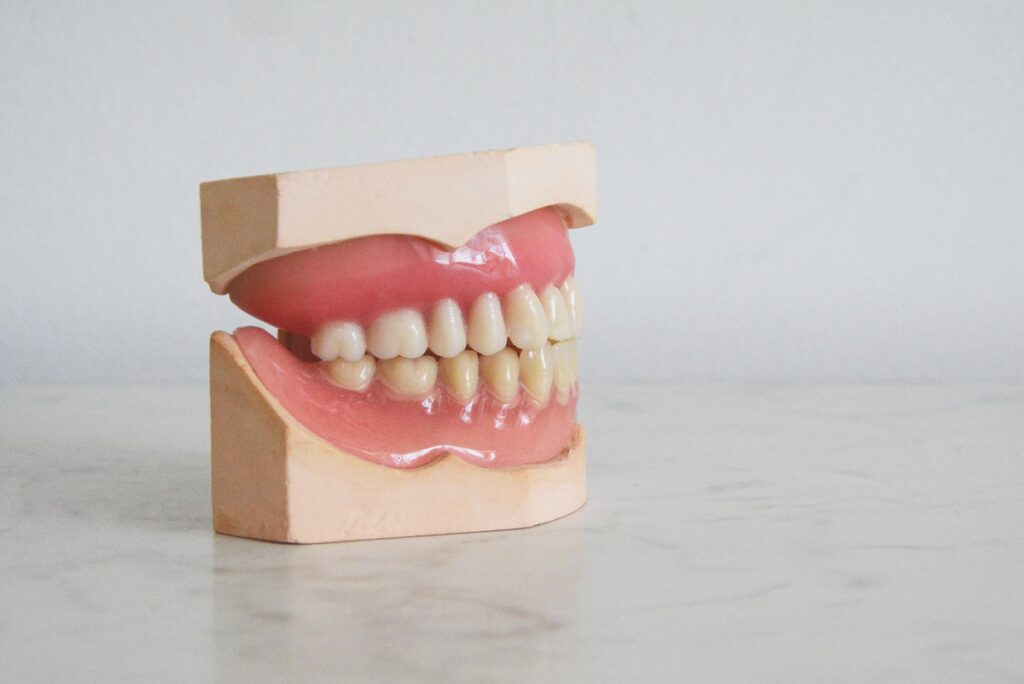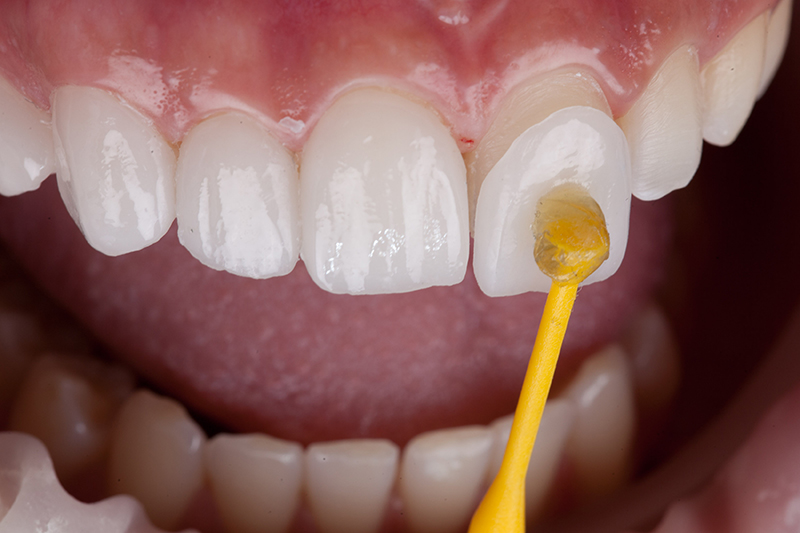Your dental problems don’t stop simply because you have dentures. While dentures are an important step to deal with tooth loss, they come with their own challenges. They are more natural-looking today and far more comfortable than they were in decades past, but you may still experience problems such as infections, irritation, and sore spots.
What Are Sore Spots?
Sore spots are ulcers and sore spots where your dentures rub against your gums. This can also result in dry, cracked spots at the corners of your mouth. The most obvious sign of denture sores is localised pain in your gums. You may find that there is pain near where your partial dentures rest or at the roof of your mouth. Where they are, you will feel discomfort, irritation, and maybe pain.
Immediate dentures are a temporary set of dentures you wear after extraction. You will experience pain while wearing these because your gums are still healing. However, if the pain is beyond what your dentist described, you should return for further advice.
Why Do Dentures Cause Sore Spots?
Sore spots and new dentures often go hand in hand. When your dentures are new, they take time to settle into your mouth. Sore spots can also come as a result of poorly fitting dentures. If they are too loose or move around, this can result in irritation. A quick trip to the denture clinic should help address these types of issues.
You may also experience sores from bacteria and food particles finding their way between the dentures and your gums. It’s so important to properly care for your dentures to avoid these types of issues. A denture adhesive will help keep food and bacteria out, which will help prevent denture sores.
What You Can Do About Sore Spots
The first step is to return to see your dentist as the most common cause of denture sores is ill-fitting dentures. Your dentist can make any necessary tweaks to the fit to ease your discomfort. While there, you can discuss home remedies for use as you recover. You should always speak to your dentist before using any kind of home remedy, even a topical anaesthetic made specifically for oral pain.
Over the counter medication can help with inflammation and pain. As can rinsing your mouth regularly with warm, salty water. Removing your dentures overnight and letting them soak in water or a cleaning solution will also provide your gums with respite.
Moving forward, you can prevent denture sores by removing your dentures each night, cleaning them daily, and eating soft foods while your dentures are new. With new dentures, you can avoid sticky, salty, and spicy foods, as well as acidic beverages. Food can trigger sores and irritate existing ones so, by abstaining from them until your dentures have settled you do your best to avoid issues.
As with any procedure, things take time to settle. By taking steps to protect your dentures, you can avoid sores and give your gums a chance to heal while they settle. In no time at all, your dentures will feel more secure and comfortable, as if they were your natural teeth. You will experience discomfort at times, but the benefits outweigh the denture cost.
When To See Your Dentist
If you are experiencing oral pain or discomfort, you should always visit the dentist. You don’t need to live with pain when it could be a simple denture repair or adjustment that will sort things out. Problems with existing dentures may suggest it’s time for a new set; they are only built to last for up to ten years. If the problem is with a new denture, you may need adjustments to ensure they fit properly. If you would like to discuss emergency denture repairs, the cost of dentures or just need a checkup, call Aesthetic Dental & Denture Clinic to book an appointment.






















